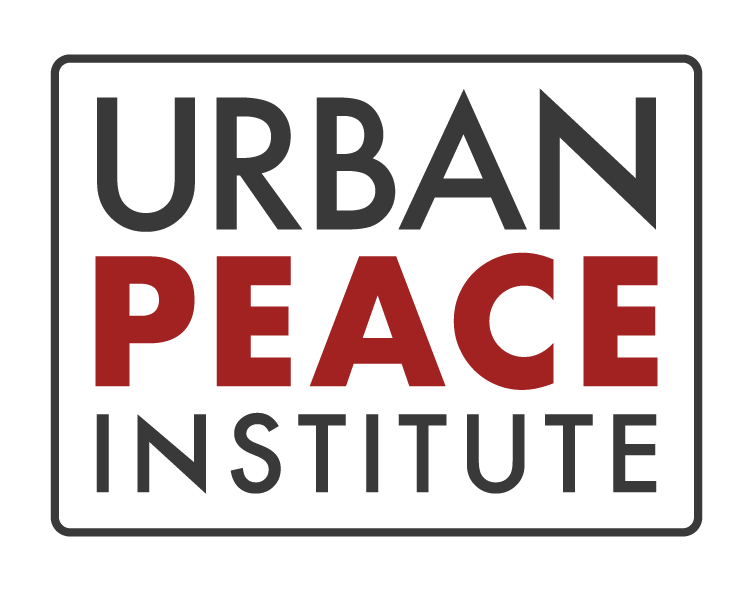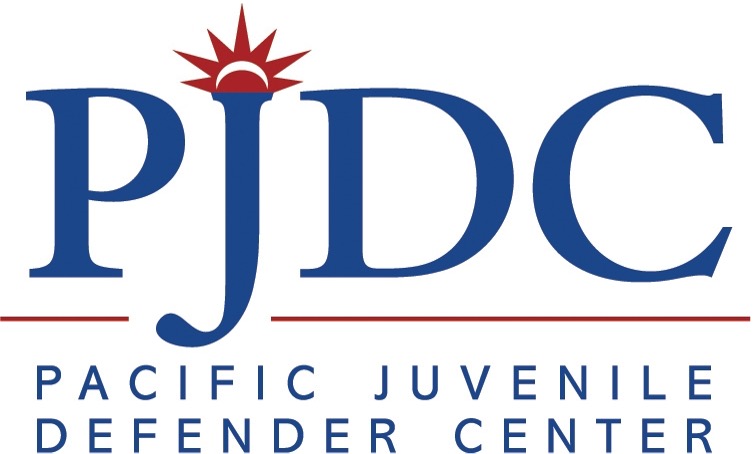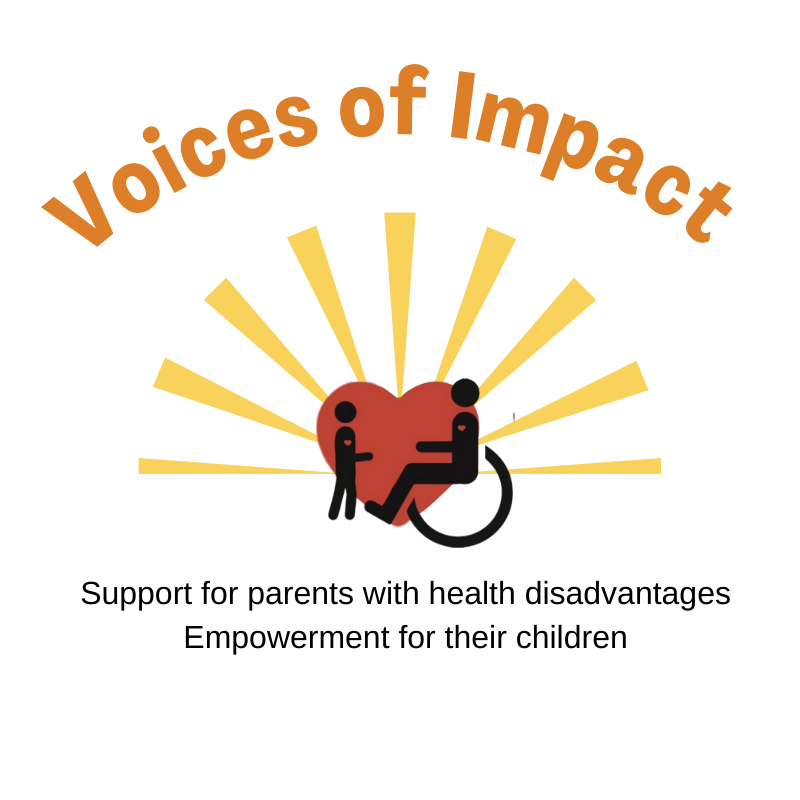What is the Academy?
The Los Angeles County Peer-to-Peer Learning Academy is a training pilot program developed by the Los Angeles County Office of Violence Prevention (OVP), in the Department of Public Health and managed by The Community Based Public Safety Collective. The training is funded with federal American Rescue Plan Act (ARPA) dollars in partnership with the California Community Foundation, as part of the Trauma Prevention Partnerships project.
The goal of the Academy is to build a training infrastructure for community-based organizations to strengthen the skillsets of their peer workforce within the field of Community Violence Intervention (CVI). The Academy will be available to ARPA Trauma Prevention Partnerships grantees, and OVP’s Trauma Prevention Initiative grantees, with a limited number of openings for other community members that provide peer outreach for communities impacted by violence, and take place between March and December 2024.
Training topics were identified as Intervention Industry Standards based on input from peers across the County, building on best practices and incorporating new modules to meet the evolving needs of the field, and will be refined with input from the Collective’s advisory committee. The core of the Academy will be a CVI certification program for 300 intervention specialists. Participants will have the opportunity to take other courses outside of the CVI certification tracks.
Infused into the Academy is a holistic approach to violence intervention which recognizes the need to heal the trauma that leads to acts of violence and center survivors in our pursuit of public safety. Training topics will include recognized Intervention Industry Standards including license-to–operate (LTO), hospital protocols, crisis response protocols, safe passages, and safety deployment, as well as Black and Brown conflict solutions, navigating social media, restorative justice, trauma informed practice, intimate partner violence, youth development, and other topics.























